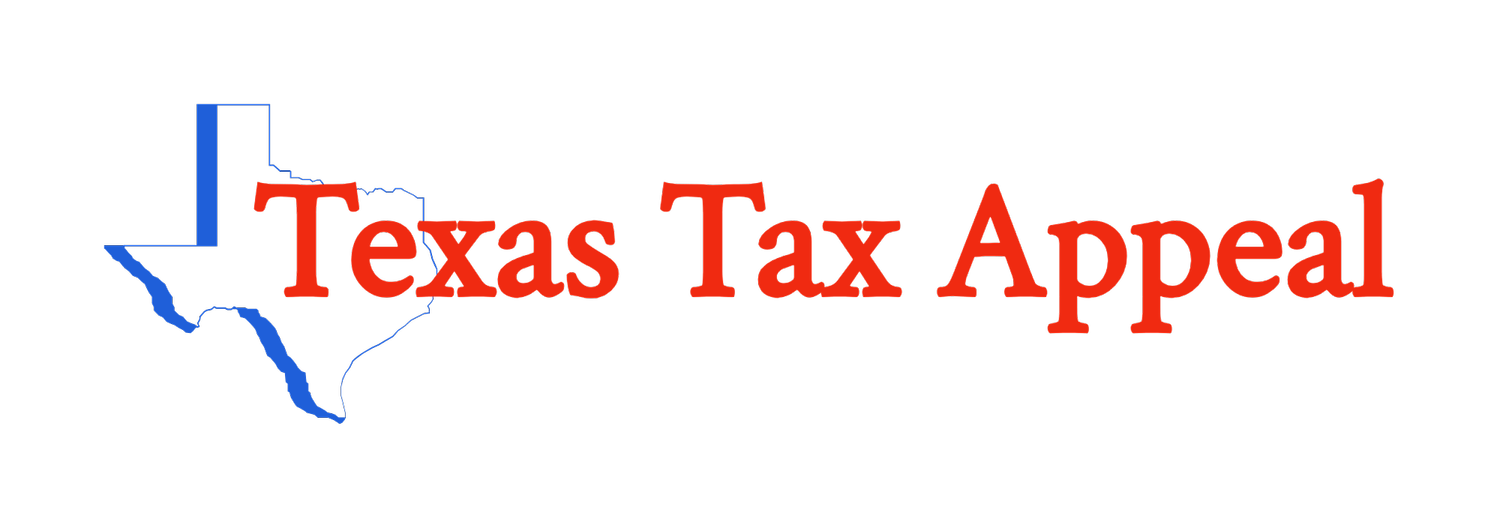💼 The Real Cost of Owning a Rental Property in Texas — And How to Defend Your Bottom Line📍 For Landlords, Investors & Property Managers | March 2025
Owning a rental property in Texas can be one of the most powerful wealth-building tools — but only when costs are properly managed. While many investors focus on rent collections and appreciation, it’s often the less obvious costs — like property taxes, vacancies, repairs, and location-driven factors — that quietly erode profitability.
This guide breaks down what rental property ownership really looks like in Texas right now, and what landlords and property managers can do to keep more of what they earn.
🟧 Property Taxes: Your Most Controllable Expense
Property taxes in Texas are consistently among the highest in the U.S., with effective rates ranging from 1.8% to over 2.5% depending on the county. And for non-homesteaded properties (like rentals), there’s no 10% cap on annual increases.
That means:
If the county raises your value by 30% — your tax bill goes up 30%
Rental properties are assessed based on market value (not capped or protected)
Many assessments are based on flawed comps or STR income assumptions
🔍 Most investors don’t realize their taxable value is appealable every year — and in high-growth or high-demand markets, protests are not just smart… they’re necessary.
🧾 Breakdown: Average Rental Property Expenses in Texas
Category Typical Cost
🧾 Property Taxes 1.8%–2.5% of taxable value (Texas Comptroller)
🛠️ Maintenance~ 1% of property value per year
🏠 Insurance Variable—Higher in coastal/flood or hail zones
💵 Mortgage Variable — rising rates have hit cash flow
💡 Utilities, HOA, Vacancy 5–15% of gross rents
📌Even in strong markets, repairs, vacancies, and tax increases can easily wipe out net income if not watched carefully.
📍 Location Matters — A Lot
🎓 College Towns & Student Rentals
Areas like Austin (UT), College Station (Texas A&M), Lubbock (Texas Tech), and Denton (UNT) are filled with student housing and off-campus rentals. These often have:
High turnover = more vacancy + repairs
Steady demand, but more wear and tear
Properties often overvalued due to investor sales or proximity to campus
Risk of being taxed based on gross rent potential, not resale comps
📌 If you manage student rentals, it’s critical to review your CAD value annually and compare it to true resale value — not what other student landlords are charging.
🏖️ STR Hotspots & High-Tax Markets
In cities like Austin, Galveston, Fredericksburg, Port Aransas, and San Antonio, short-term rentals (Airbnb, VRBO) are a popular investment model — but they also face unique appraisal challenges:
Many counties assign value based on income approach
STR-heavy neighborhoods are being reassessed at luxury price points, even if your property isn’t
Coastal and tourist zones often come with higher insurance + inflated values
📌 Even if your STR is older or less active, CADs often lump you in with the top-tier properties — causing inflated tax bills.
📉 What's Happening in the Texas Rental Market?
As of early 2025, Texas is seeing:
Rising inventory in major metros due to new construction
Slight increases in vacancy rates, especially for high-end units
Rent growth has slowed or plateaued in many markets
STR bookings have softened slightly in off-seasons
Owners of underperforming or aging properties are facing more pressure
What this means:
Your margins are tighter — and controlling fixed costs like property taxes matters more than ever.
🛠️ Vacancies, Repairs & How They Affect Your Taxable Value
Most appraisal districts don’t account for repairs or vacancy unless you show them.
If your rental:
Sat vacant for several months
Had major repairs (roof, foundation, HVAC)
Has condition issues that would affect resale…
You need to protest with supporting evidence.
📌 You may be over-assessed — and overpaying thousands per year.
Even seasoned landlords forget that property taxes are not fixed. They can and should be appealed — especially if your rents aren’t keeping pace with rising CAD values.
🤝 How We Can Help
At Texas Tax Appeal, we work with landlords, investors, and property managers across the state to lower tax bills through strategic, evidence-based protests.
We can help you:
Protest one rental — or your entire portfolio
Submit photos, comps, and financials on your behalf
Handle all communications with your Appraisal District
Pay nothing unless we win you savings
Offer branded or white-labeled materials if you're a property manager
📅 Remember: The protest deadline is May 15 in most counties.
📬 Ready to Review Your Property Value?
🔗 Start a Free Tax Review
📧 info@texastaxappeal.com | 📞 (210) 953-0344
Let’s make sure your property taxes match your property — not someone else’s Airbnb, luxury flip, or fully-leased student complex across the street.
Additional Resources:
Texas Comptroller – Property Tax Protest Info
Texas Department of Insurance – Rental & Flood Coverage
🟧 Final Thought
The real cost of owning a rental in Texas isn’t just your mortgage — it’s the hidden costs like taxes, vacancies, insurance, and appraisals that make the biggest difference.
📌 Want to protect your cash flow? Start by making sure you’re not overpaying on your taxes.

